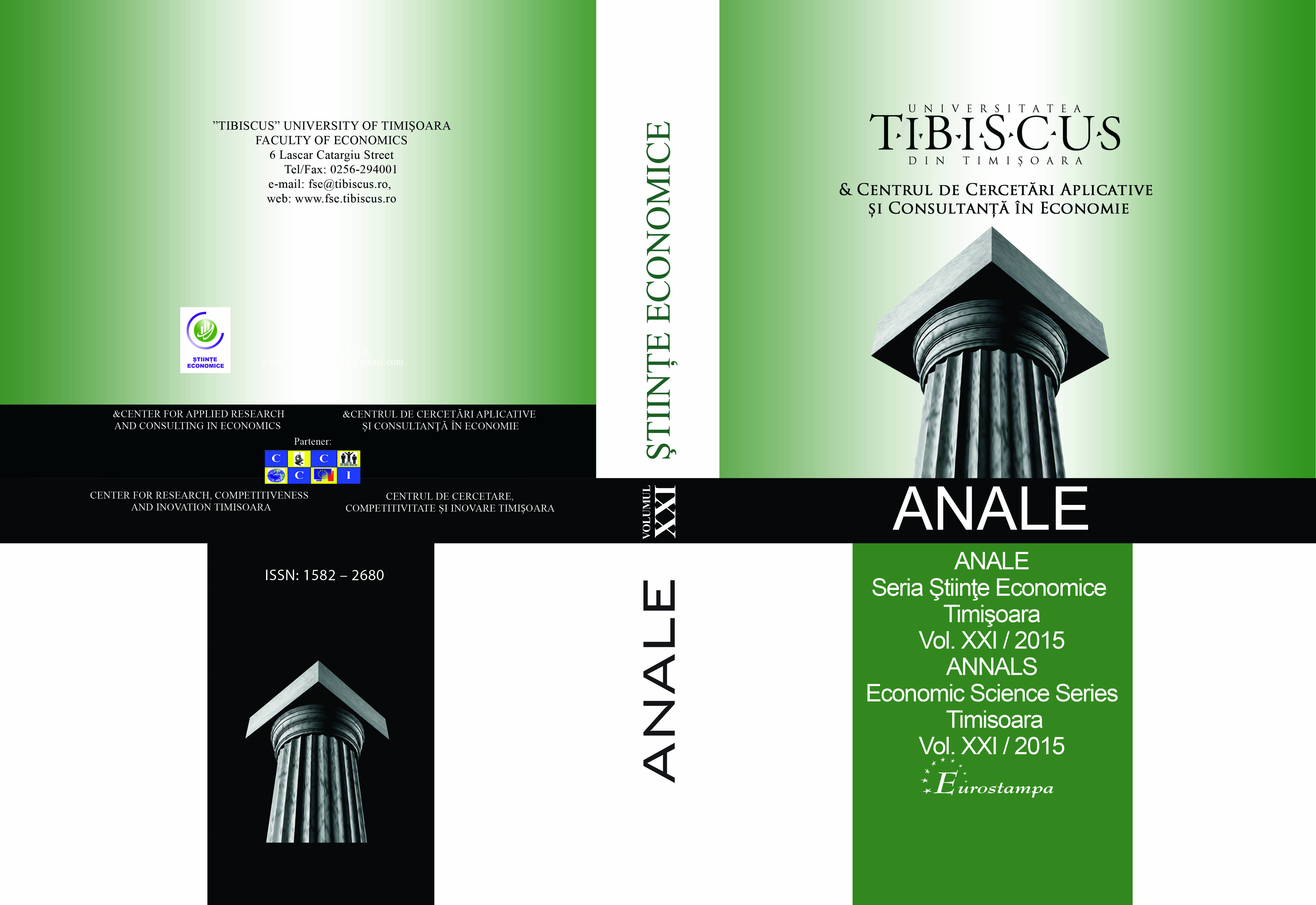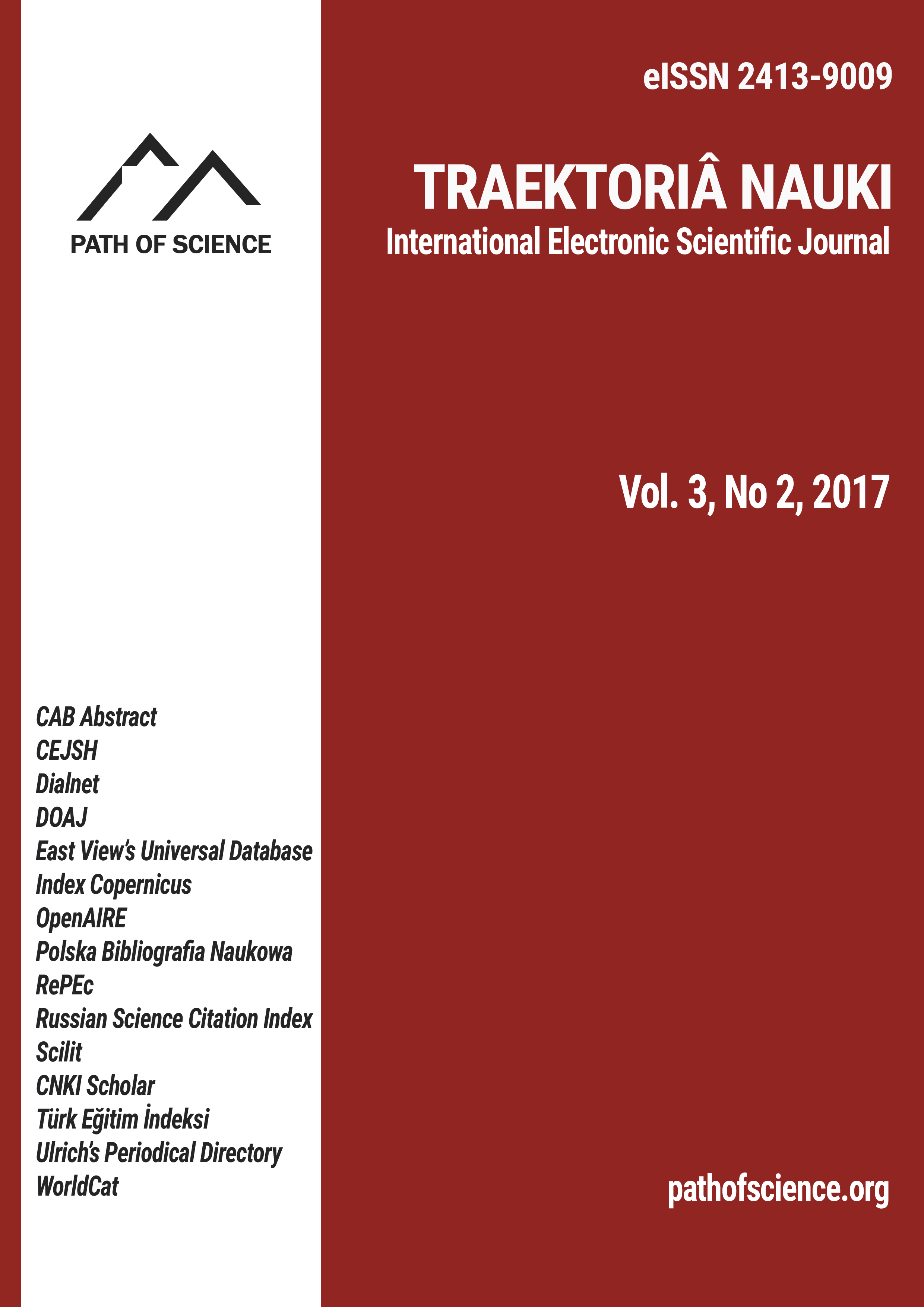CSR disclosure practice in France: A Habermasian Perspective
In this study, we have explored various patterns of CSR disclosure amongst the listed French companies. We have made use of communicative approach, which combines stakeholder theory with the Habermas’ discourse ethics in order to offer better understanding of the dynamics of CSR disclosure. Our results reveal that French companies focus on employees and the environment as the most important stakeholders in CSR disclosure. A number of differences between our findings and the existing literature have been observed. We have reached to the conclusion that societal expectations and stakeholder relations, in part, account for these differences.
More...


